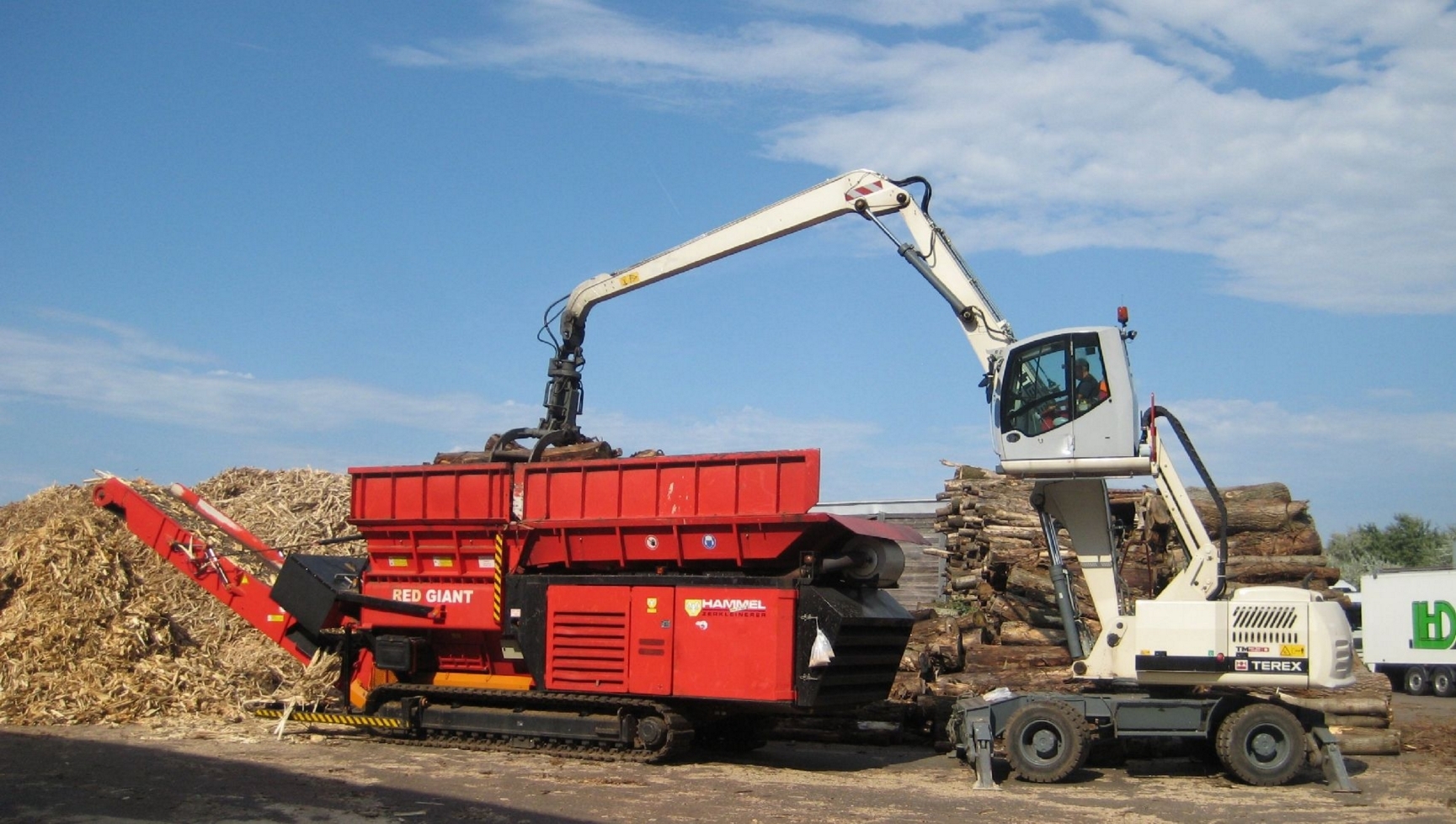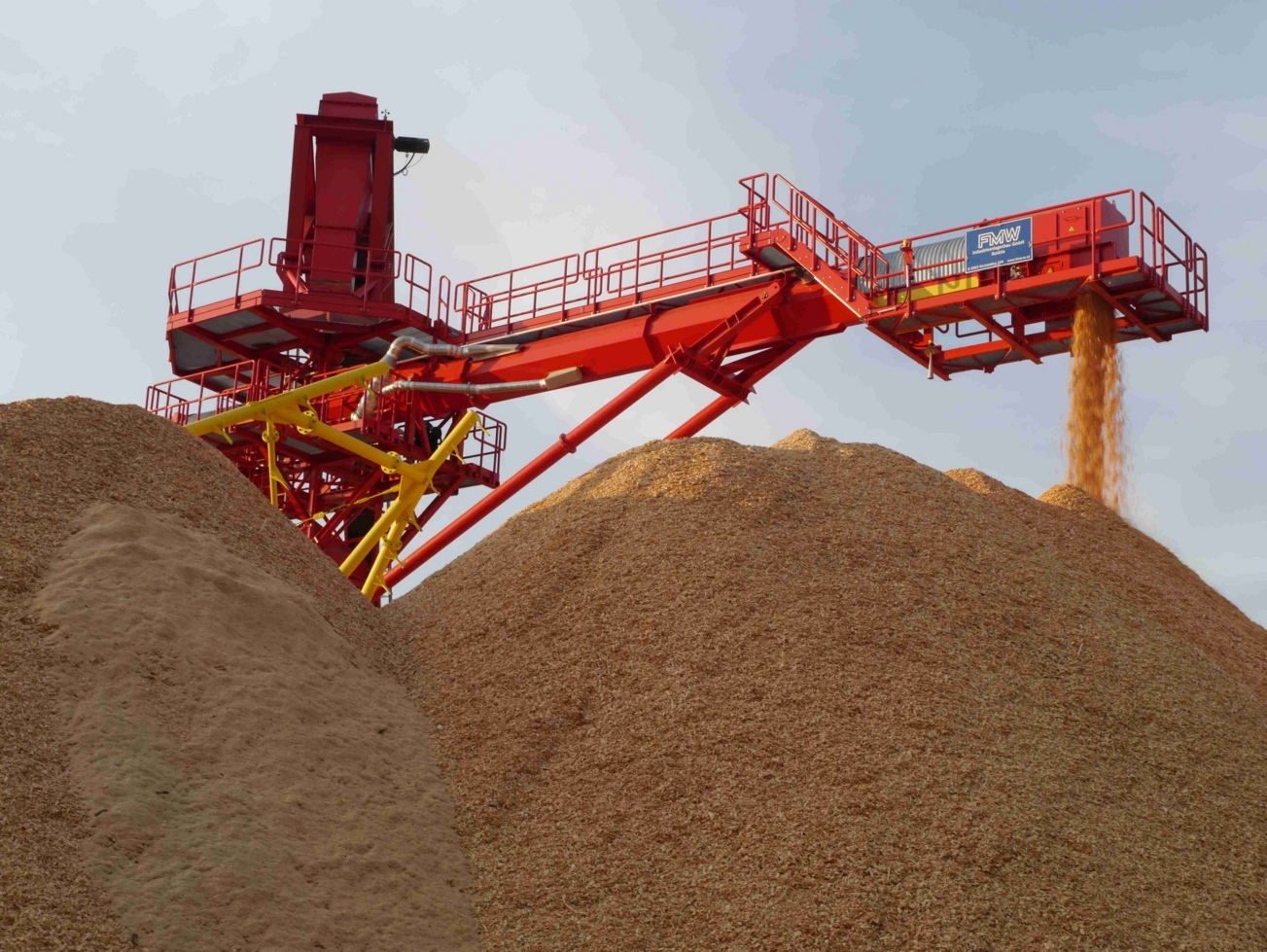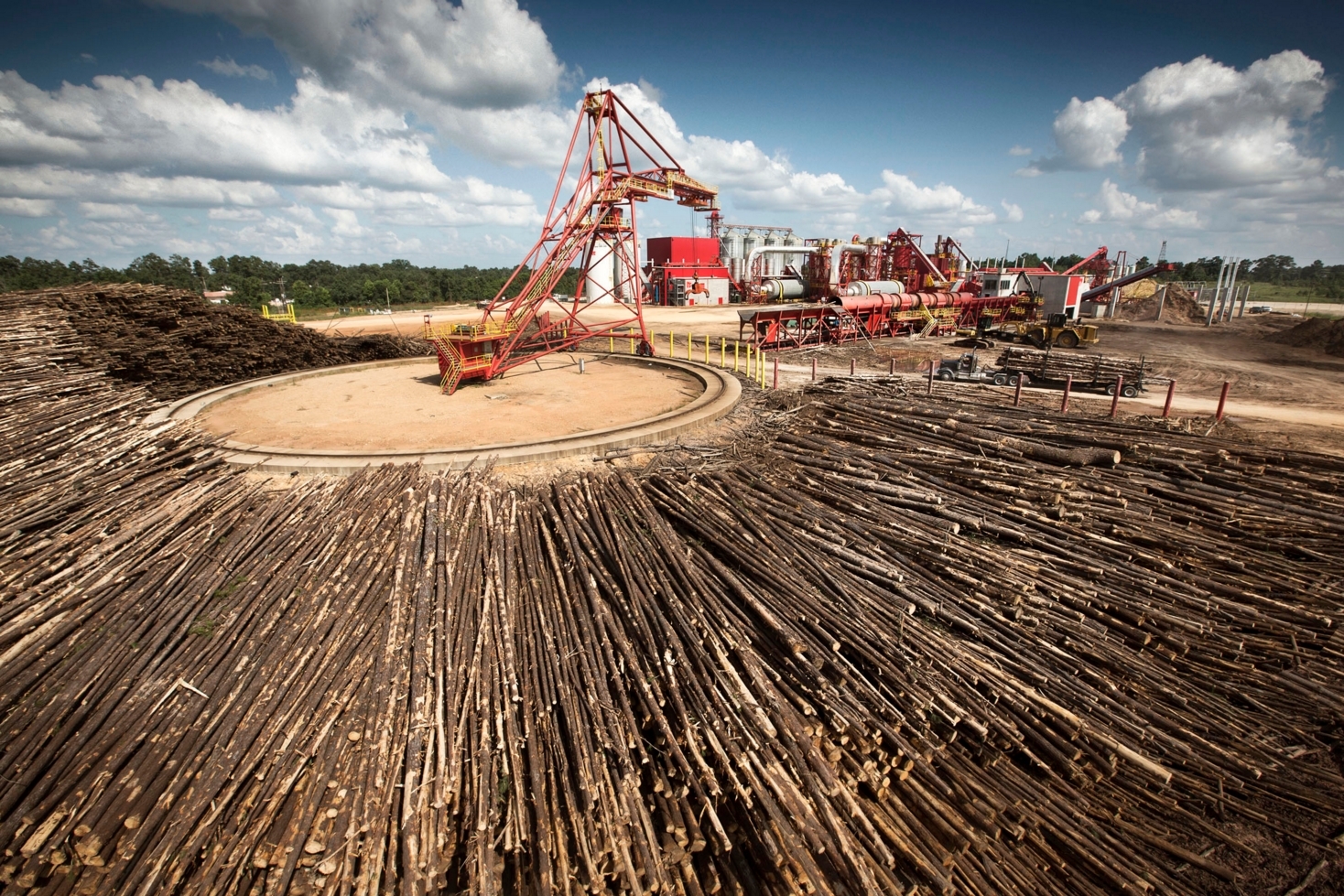The industrial pellet market of Germany is considered to be one of the most fast-pace developing wood pellet markets in the world. Moreover, it has a very powerful potential ahead. For example, the market of pellet boilers and large and medium scale stoves has experienced a significant rise in recent years. Despite being on the stage of the development the market has great future prospective up ahead as the EU faces challenge to increase the amount of produced renewable energy so the industrial pellet market will also increase since the exploitation of combined heat and power plant throughout the Europe will be required. These challenges are faced in order to secure more energetically independent and environmentally friendly future in Europe.
Germany has one of the biggest industrial pellet markets worldwide. It has the largest amounts of produced and consumed volumes of wood pellets as well as the biggest installed production capacity. The idea of wood pellets exploitation for the purpose of heating and cooling is wide spread and accepted in Germany. This fact is determined by large amounts of forest areas and a strong industry which deals with woodworking. Moreover, the territory of Germany is very reach in forests and thus, they own a lot of feedstock and raw material which can be used for wood pellet production and the industry development.

It should be also mentioned that the idea of wood pellet exploitation has support on the political level. The newly adopted law supports the increased exploitation of the renewable sources of energy and sets 14 % share of renewable energy in the overall energy consumption in 2020. The biggest part of this consumption will be realized with the help of biomass usage, which includes wood pellet exploitation as well. The adopted law also introduces and continues a wide range of supportive programs. These laws became new incentives for the increased demand for industrial wood pellets production as residential areas should provide increased consumption of renewable sources of energy.
Out of these producers, approximately 70 per cent of the companies have production capacities of less than 30,000 tons per year, that is, they are small-scale producers. The capacity of the large-scale producers is more than 70,000 tons per year. These producers comprise nearly 60 per cent of the total production of pellets established in Germany at the moment.
It should be noted that the main areas of pellet production in Germany are the South and the South-West of the country, where low mountain ranges rich in woods are situated and wood industry is well-developed.
As far as pallet trade and logistics are concerned, it is rather difficult to count the amount of pellet import and export in Germany precisely. The market is quite big, that is why it is rather challenging to be able to trace all volumes and amounts of pellets that go across borders. In spite of this fact, certain tendencies can be observed.

Due to the fact that in 2008 Germany's rates of pellet production were approximately 1.46 million tons and its consumption mounted to about 900,000 tons, the country is a huge exporter of wood pellets at the moment. According to estimates, 560,000 tons at the least were exported, though the figure is probably even bigger. It should be taken into account that this amount of pellets was exported as industrial pellets, which are the most significant source of trade and export. For Germany, the main countries of the export of industrial pellets are Belgium, the Netherlands and Scandinavia.
As for the import of pellets in Germany, it is estimated to be of much less importance at present.
In 2014 in Germany the overall wood pellet consumption per year comprised 2,2 mln tones. These pellets are consumed predominantly by residential small scale heating sector. The co-firing plants which use pellet sector for energy production are not widespread in the country. The largest amount of wood pellets is certified with DINplus and these are the pellets of the highest quality. As a rule, the pellets of lower quality are exported.
The production and consumption of pellets in Germany continues to experience a significant increase. For example, in the first half of 2012 pellet production in Germany was highly developed and showed the development rates which proved the high efficiency of the market. There also should be mentioned that a demand for equipment which deals with pellet combustion is increasing gradually, namely combined heat and power plants which have overall output capacity higher than 50 kW. A lot of companies, enterprises, establishments, trades, community facilities and housing associations see pellet combustion units as a new source of power production when installing new heating systems. They are trying to develop the system of energy production from industrial pellets which are to be used in great power plants as well. The exploitation of industrial pellets will rise as they bring much more efficiency while producing bigger amounts of energy.
According to the information given by German energy wood and pellets association DEPV (Deutscher Energieholz- & Pellet-Verband), the amount of heating and power producing systems in the branch of the medium to large power capacity range has experienced almost double increase in the past few years. The organization also claims that about 9,000 furnaces which are engaged in industrial wood pellet sfiring and energy production and which have a capacity above 50 KW are becoming more and more popular and widespread in Germany.
Due to the Renewable Energies Heat Act which demands the pro rata usage of renewable heat producing sources of energy which is becoming increasingly obligatory for different companies and the public sector in particular. Despite the fact that the gradual increase for heating oil and gas has stopped and stays on the same level the changeover to wood pellets stays attractive as it assists in solving the problem of climatic changes and also lays stress on the concept of energy renewability.
The 2020 targets of the Federal Government are to increase the share of heat production from renewable sources of energy to 14%. This target is partially to be realized through wood pellet consumption in residential heating sector-through the increased consumption of biomass in households and residential areas.
The main law which assists in reaching the 2020 target is the Germany Renewable Sources Act, which obliges the owners of new houses to provide renewable energy consumption for the heat production. The Market Incentive Program provides subsidies to those who are eager to set renewable heat installations.
German Law for the protection against harmful effects on the environment makes a legal framework for wood pellet heating. According to the law, small-scale installations do not require special approval. Meanwhile, the units which produce energy in the amount of more than 1000 kW are obliged to receive special permission.
The combustion of wood pellets has still been developing in Germany. Nevertheless the interest in wood pellet heating systems faces fast-pace growing. The increased demand for combustion plants, combined heat and power plants and furnace installation make the demand for industrial pellet grow as well. The using of pellets for heat production is dependent on the niche market of low-energy houses with an annual fuel consumption of around 1,500 kg per 100 m2 living space.

For the time being, there is also a demand for the development of heating installations with very low energy requirements for energy-saving housing. German furnace manufacturers have responded to the recent growth in the pellet market. However, most industrial installations are currently imported from Austria, Denmark and Sweden.
The biggest part of industrial pellets produced in Germany is exported to other countries as the domestic demand for the product is not big enough. The biggest industrial pellet producer in the country is considered to be the German Pellets GmbH.